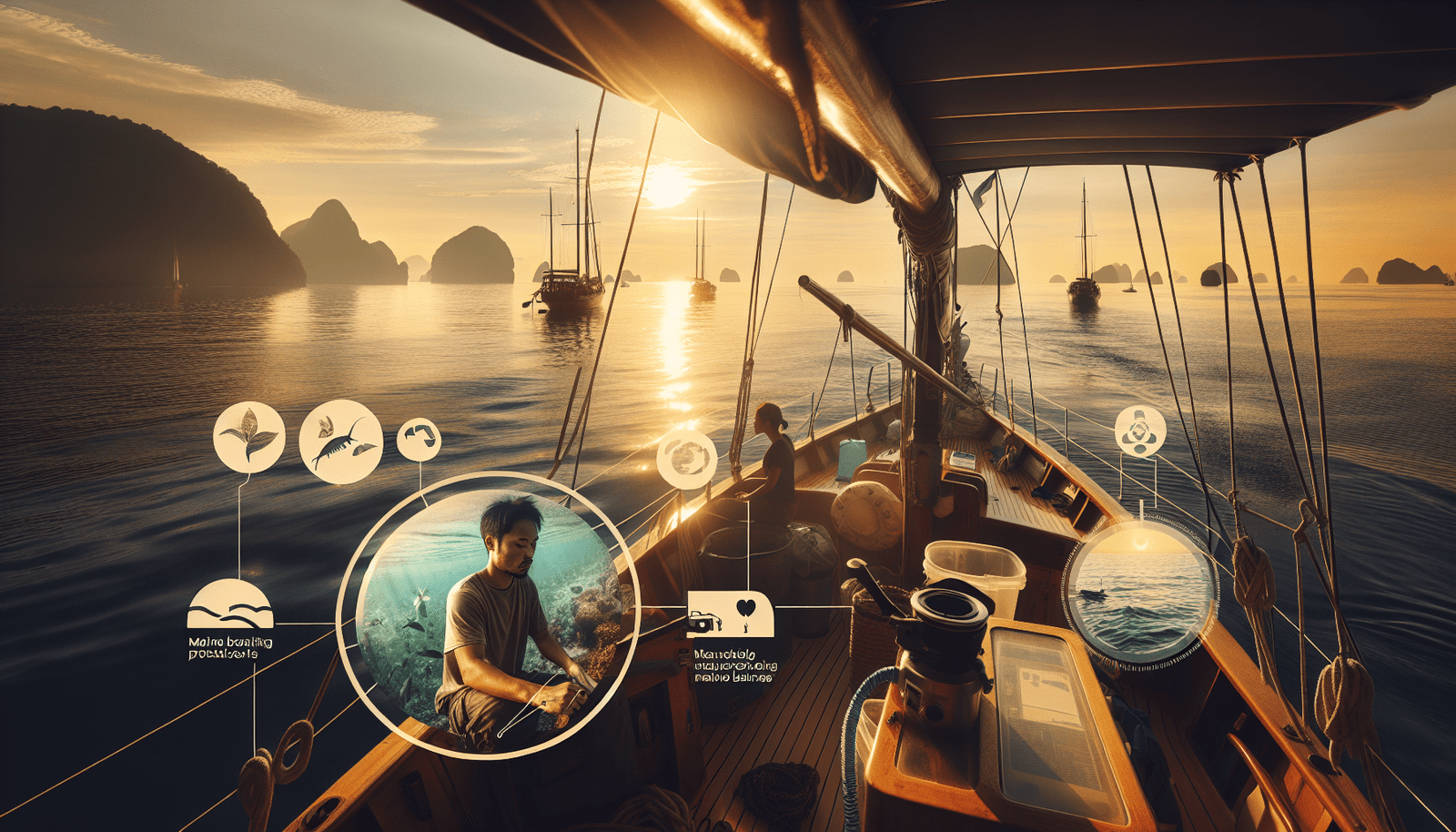Setting sail on the azure ocean waves is a truly liberating experience and anyone who spent time on a boat knows that the sea, with all its splendid creatures, is truly a marvel to behold. As a boater, you are in a unique position to champion marine conservation by adopting sustainable boating habits to protect the ocean’s inhabitants and its delicate ecosystem. Through the article “Best Ways To Support Marine Conservation While Boating,” you’ll learn the essential tips and practices to help maintain the health of the ocean, beginning right from your deck. It’s not merely about enjoying the ocean’s beauty; it’s about preserving it for future generations. Let’s make your boating trip not just a venture, but also an act of marine stewardship.
Avoiding Disturbance to Marine Life
One of the biggest steps you can take towards marine conservation while boating is to avoid causing undue disturbance to marine life. This can be achieved by learning proper boating conduct around sea animals and sticking to it as a rule of thumb.
Stay a safe distance from wildlife
It may be tempting to get as close as possible to marine animals for a stunning photo, but remember to respect their personal space. Observe them at a safe distance. This will help prevent accidental harm to these creatures, and lower their stress levels as well. The sea is their home, after all.
Avoid feeding marine animals
Feeding wildlife can seem like a friendly gesture, but best believe it’s not. What we consider “treats” can be harmful or even fatal to them. Moreover, it can lead to disruptive behaviors, making them reliant on humans for food. Instead, delight in their natural behaviors and allow them to remain wild.
Minimize noise pollution
Did you know underwater noise pollution can mess with the navigation and communication of many marine creatures? Things like revving engines, loud music, or even shouting can have negative effects. So, next time you go boating, ensure your activities are as quiet as possible.
Responsible Waste Disposal
Responsible waste disposal is another crucial aspect of marine conservation. The sea is an incredibly delicate ecosystem, and waste can cause irreversible damage.
Proper disposal of litter
Despite being obvious, littering remains a pressing issue. Keep a firm policy of not disposing any trash overboard. Better yet, try to bring back any litter you find in the water or on isolated shores while boating.
Avoid dumping untreated sewage
Untreated sewage holds the potential to contaminate the water, harm sea creatures and destroy habitats. Make use of onshore facilities or consider installing a marine sanitation device.
Cutting down on plastic use
Plastic waste is a colossal threat to the marine ecosystem. It chokes and entraps animals, or ends up in their bellies. Try to minimize the use of disposable plastics, opting for reusable items instead.
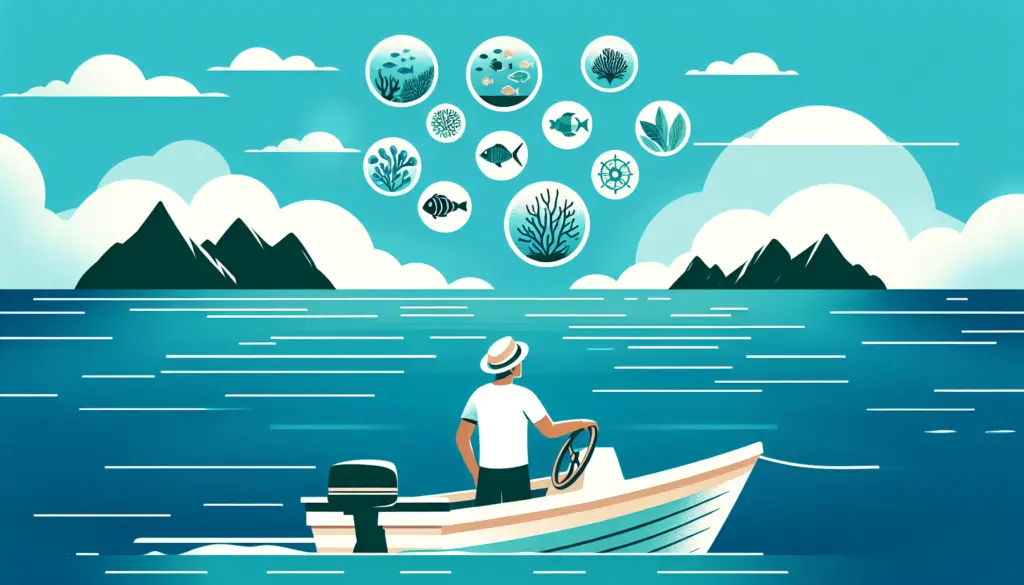
Eco-friendly Boating Practices
Eco-friendly boating can go a long way in supporting marine conservation. It helps reduce your environmental footprint while still enjoying your time on the water.
Use of low-impact, eco-friendly boating gear
Employing gear that’s designed to lower impact on the marine ecosystem can be a game-changer. Think solar-powered equipment, biodegradable soaps, and LED lighting.
Choosing sustainable fuels
Biobutanol and biodiesel are excellent sustainable alternatives to gasoline and diesel. Apart from reducing emissions, they also decrease the possibility of damaging spills.
Maintenance of boat to prevent aquatic pollution
Regular boat maintenance can prevent leakages that pollute the marine environment. Pay special attention to your hull and engine to keep them in tip-top shape.
Respecting Marine Protected Areas
marine protected areas (MPAs) are conservation hotspots, home to a rich diversity of marine life. Respecting these areas is imperative for their preservation.
Understanding and complying with regulations in protected areas
Make sure to familiarize yourself with the regulations for any MPA you visit and respect them. Restrictions may exist about waste discharge, anchoring, or even stepping onto certain islands.
Avoiding anchoring in sensitive areas
Anchoring can cause damage to sensitive areas like coral reefs, seagrass beds and mangroves. Always anchor in sandy areas or use eco-moorings where available.
Supporting ecotourism initiatives in these regions
Eco-tourism focuses on responsible travel to natural areas. By choosing boating tours that follow eco-tourism guidelines, you’re funding conservation and supporting local communities.
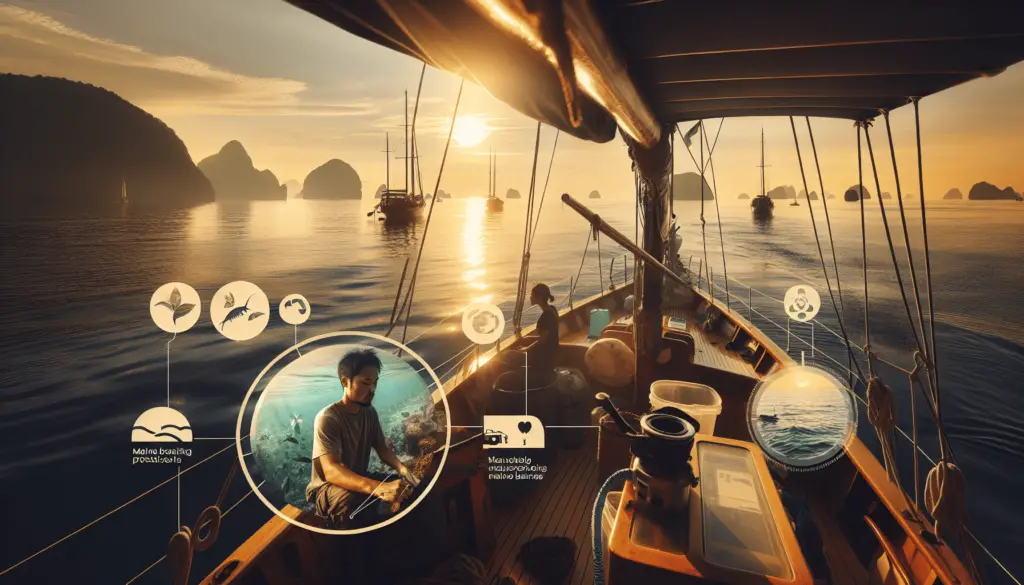
Promoting Conservation Education
Knowledge is power, and it applies to marine conservation too. Become an advocate for our oceans by promoting conservation education.
Learning and educating others about marine conservation
Immersing yourself in marine conservation issues not only makes you a more responsible boater, but also positions you to inspire others to do the same.
Hosting educational trips on your boat
Take friends, family, or even school groups on educational boat trips. Share about marine environments, the threats they face, and how we can help.
Joining citizen science projects
Citizen science projects give you a chance to contribute to marine conservation research. You’ll learn a lot and provide valuable data to scientists.
Participating in Clean-Up Activities
Joining marine cleanup activities can be a highly rewarding experience. By removing trash, we prevent it from causing harm to marine species.
Joining local beach or ocean clean-up initiatives
Regularly participating in cleanup drives organized by local bodies or conservation agencies is a great way to do your part.
Organizing clean-up drives while out boating
While out boating, you could organize impromptu cleanup activities. It’s a good way of making your outing more meaningful and productive.
Practicing ‘leave no trace’ ethics
Leaving no trace is all about respecting nature while engaging in outdoor activities. It minimizes human impact and aids in preserving the environment.
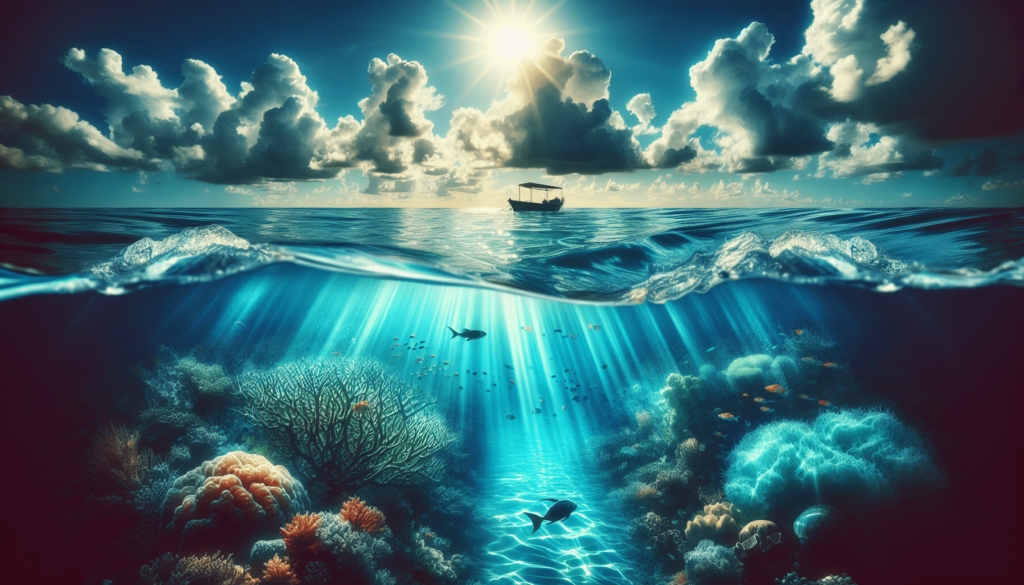
Supporting Extension of Marine Protected Areas
Pushing for the extension of MPAs is another way to support marine conservation.
Advocating for establishment of more marine protected areas
Rallying for the extension of protected marine areas helps safeguard more habitats and species. Start local, but also consider adding your voice to global initiatives.
Donating to conservation organizations
Monetary donations to conservation organizations can support research and operations. Every donation, no matter how small, contributes to a larger cause.
Raising public awareness about these important zones
Most people know little about MPAs and their importance. By raising awareness among your circle, you’re expanding the community of people who care about marine conservation.
Monitoring and Addressing Invasive Species
Invasive species can wreak havoc on marine ecosystems. Preventing their spread is an important part of marine conservation.
Ensuring your boat doesn’t transport invasive species
Keep your boat’s hull clean. This prevents invasive species from hitching a ride and invading new territories.
Reporting sightings of invasive species
If you spot non-native species while boating, promptly report your sightings to local environmental agencies. Quick action can potentially prevent a full-blown invasion.
Supporting initiatives that manage and eradicate invasive species
Lend your support to initiatives that focus on managing and eradicating invasive species. This could include volunteering for removal efforts or making monetary donations.
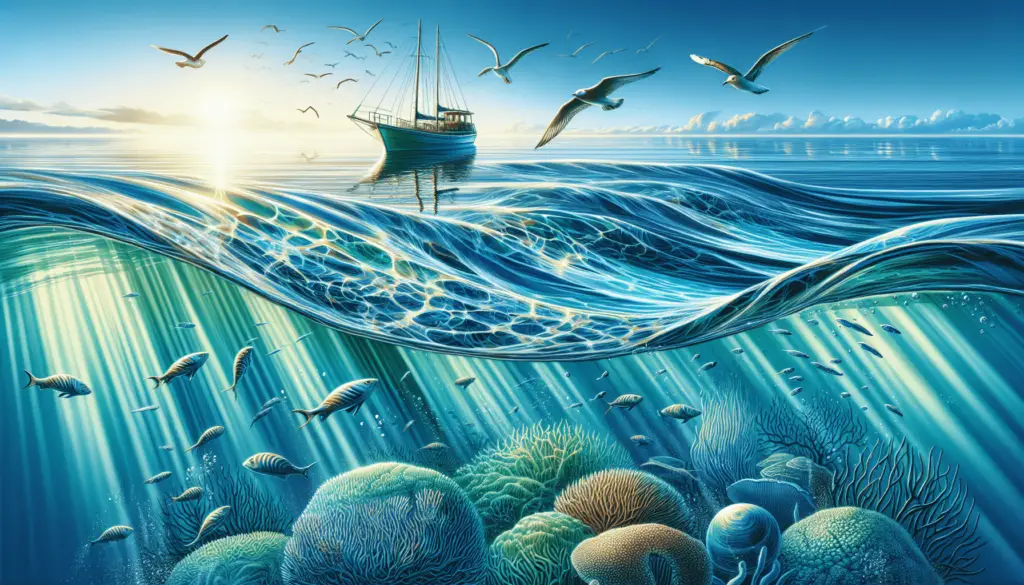
Adopting Sustainable Fishing Practices
If you’re a fishing enthusiast, adopting sustainable fishing practices can help marine life populations rebound.
Fishing within legal guidelines
Stick to local fishing regulations. This includes respecting bag limits, size restrictions, and fishing seasons.
Practicing catch and release where applicable
Catch and release is a way of fishing that lets you enjoy the sport while limiting your environmental impact. Learn the correct techniques to ensure the safe release of fish.
Using eco-friendly fishing gear
Replace your present fishing gear with more sustainable options. Biodegradable fishing lines, hookless lures, and fish-friendly nets are a few examples.
Reducing Carbon Footprint
Finally, reducing your carbon footprint can help combat one of the biggest threats to marine ecosystems—climate change.
Using wind power or sails when possible
Solar power or wind-powered sails help cut down on carbon emissions. Enjoy the tranquillity and sense of connection with nature that they provide.
Reducing engine hours
When at sea, try to limit your engine use. For instance, you could switch off the engine when idle or drifting. It’ll give not only nature but also your ears a welcome break.
Investing in carbon offset programs
Carbon offset programs help balance out your emissions by funding equivalent carbon dioxide savings elsewhere. An effective way to make your boating trips more climate-conscious.
Whether you’re a novice boater or a seasoned skipper, these tips can help you make a significant difference in supporting marine conservation. Our oceans and marine life are precious resources. They deserve our utmost respect and care. By taking responsibility, we can ensure they continue to thrive for generations to come.

